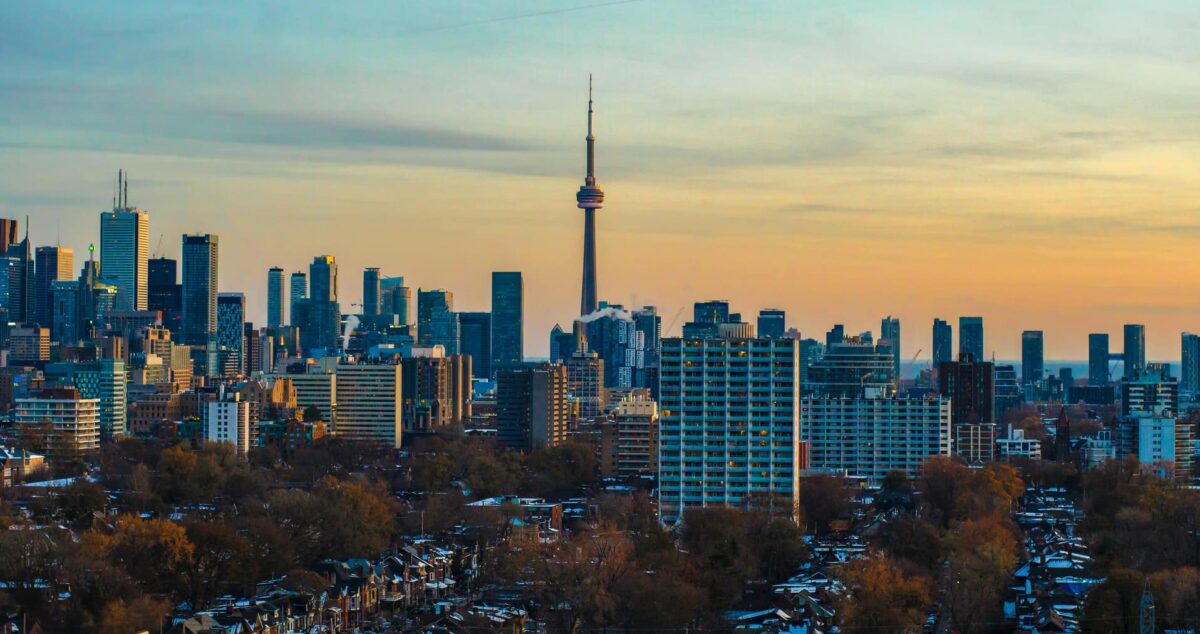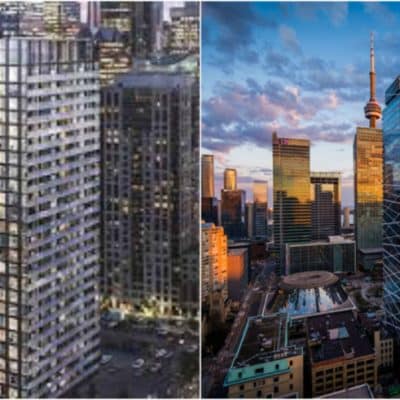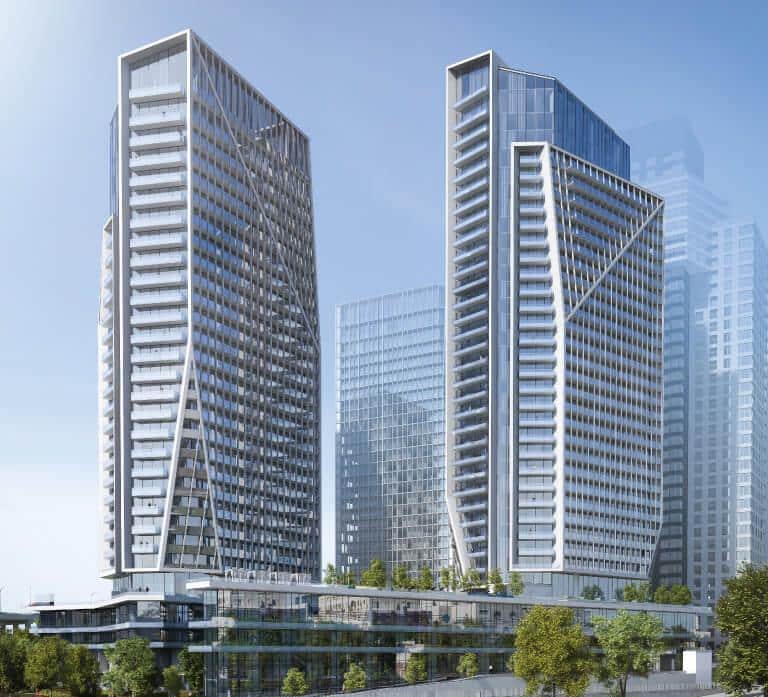Real-Estate Price Politics & Investment Future-Proofing
By Condos HQ - Dec 08,2021
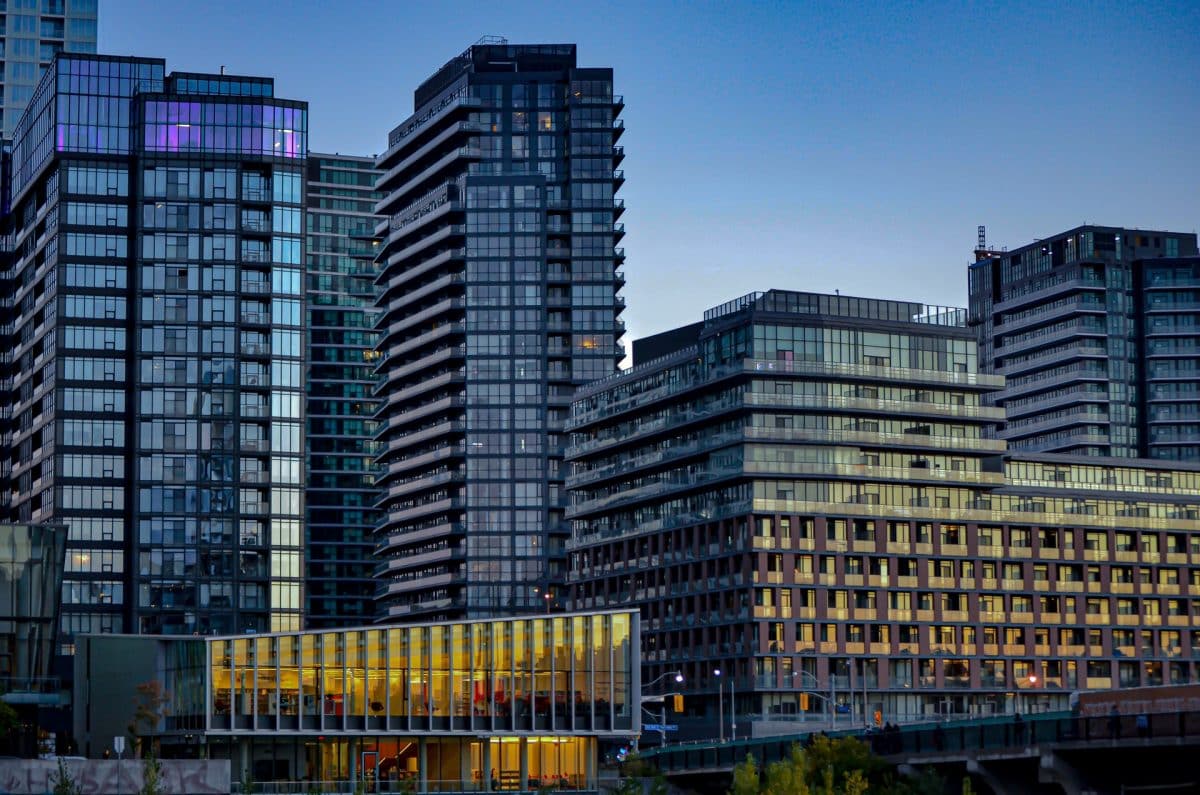
Ontario Citizens are frustrated over continually rising housing prices
While there have been plenty of news articles coming up in the last couple of months over a gradual slowdown of the real estate price surges, many Ontarians feel that the potential for home ownership has been taken away from them. Even if a real estate market correction of 10% were to take place– which would ordinarily be a pretty significant drop, many Ontarians can expect to continue to depend on rental dwelling for an extended period of time. Young professionals renting out of the big city might expect their first new condo in Toronto to be a personal investment that comes after over a decade of savings.
This doesn’t mean that there’s a lack of desire for home ownership. Rather, citizens who don’t have a strong foundation for investing into real estate– like for example moving out of a home that they’re selling or renting out, have less purchasing power. As of 2020, a Nanos report indicated a big jump in interest in real estate that’s in the suburbs or farther into rural Ontario.
What cities are they interested in moving to?
Suburbs, small-to-medium size cities, and rural country towns have experienced an upward shift in demand, and developers have been working to meet this demand with additional supply. This blog has taken a look at up-and-coming Rural Ontario neighbourhoods already,
Downscalers who want to sell their city property and enjoy a more relaxed suburban life, or take advantage of upscale living conditions in a reasonable commuting distance from the city might go to Oakville’s Clockwork Condos,
Many continue to rent, as well. Whether they are renting out a new townhome in Barrie to raise their family, or one of the many new condos in Toronto where they work.
Where will Canada’s 1,300,000~ new immigrants for 2021-2024 live?
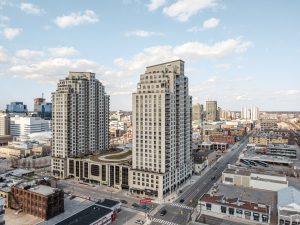
One of the reasons why Canadian citizens and new arrivals alike can expect to be in a renting economy for the foreseeable future is that the already-uneven supply/demand relationship between new homes and buyers is exacerbated by the influx of new Canadians.
Canada plans to bring in a lot more immigration over the next 3 years, so where are they going to live? Statistics Canada has shown that immigrants and minorities are disproportionately happy with their current living arrangements, and their prospects for future home ownership.
Immigrants Make Less Money Over Time
According to Statistics Canada, Immigrants and minorities make much less money year by year than natural-born Canadian citizens. After living there for ten years, they’re still worse off and living in high-rent and high cost-of-living cities can be a large contributing factor.
In short, the combination of a high influx of other immigrants to compete over real estate with, and lower wages, will have two effects coming around the horizon: Rent will continue to drive up as more groups clamour for places to rent out in the city. Secondly, there is going to be a greater interest in new Canadians to take up residence in cities that are increasingly far away from Toronto.
Where are they going now?
Minorities and immigrants have higher median incomes outside of the major cities. New Canadians who are set to move into new condos in Guelph statistically will have a much better wage than their peers in Toronto. Guelph also is a city with a burgeoning tech industry, a firm manufacturing core and a major school. Meanwhile, the far-west city of London, Ontario is experiencing plenty of its own growth, thanks in large part to the low prices of new condos in London. These are also cities that have a large college or university in their bounds, making them hubs for international students coming in who might choose to stay and start their career in the city they were schooled in.
What is the Ontario Gov’t Doing?

Real estate ownership– and especially the feeling of having a right to own a home, has been a political issue occupying a higher or lower place on people’s minds for a very long time. The Pandemic has placed the topic of ownership and affordability back near the top and was a major talking point in the last snap election. So what’s happened since then that investors should be aware of?
Ontario’s Housing Affordability Task Force
As of Dec. 6th, Ontario revealed the names of the members heading a think tank-like organisation that will be dedicated to serving as a counselling body to guide the Ontario government’s decisions on how to get more people in homes. The Chair of this organisation is Jake Lawrence, who heads Scotiabank. Other members include CEOs of real estate organisations, land development associations, and the head of Habitat for Humanity.
In Toronto, ‘speculation tax’ is being considered
A city councilor in Toronto will introduce a motion for a speculation tax to slow down the rapidly-inflating prices in the city’s real estate market. In the face of an almost 22% increase in the average selling price for any home in the city– not even just new homes in Toronto, there’s an increasing desire for political action to curb the price swell. Especially now that 25% of homes in the city are being bought by investors, rather than the people who will come to live in them.
It’s entirely possible that this one councilor’s motion won’t run its full course and become law. However, it’s still a trend that investors should be keeping an eye on. Specifically, are they looking to buy up property in a town or city that is having these kinds of discussions? Could a legal shift reduce or even invalidate the return on investment of a purchase? According to the Bank of Canada, investors have likely contributed to the price inflation that we’re seeking today. As such, real estate investors are increasingly likely to find a target on their back as the story of Canada’s post-covid housing crisis evolves.
In Summary
Canadian citizens and immigrants coming to Canada are experiencing the blunt end of a huge housing shortage. Smaller cities like Guelph, London, and the cities of the Kitchener-Waterloo-Cambridge region are seeing increased attention as Canadians move from the GTA to there, or Immigrants choose them as their first landing points.
In these cities where the prices are too high and driving out residents, housing affordability is a political issue that is heating up, and investors should be cognizant of the political climate of any city or town they intend on buying property in.
Popular Articles
-
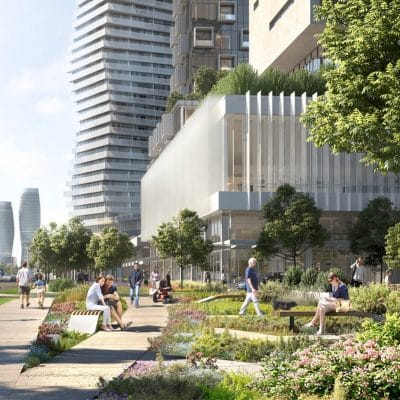
4 Reasons Why M City Condos 3 Is a Great Investment Opportunity
-
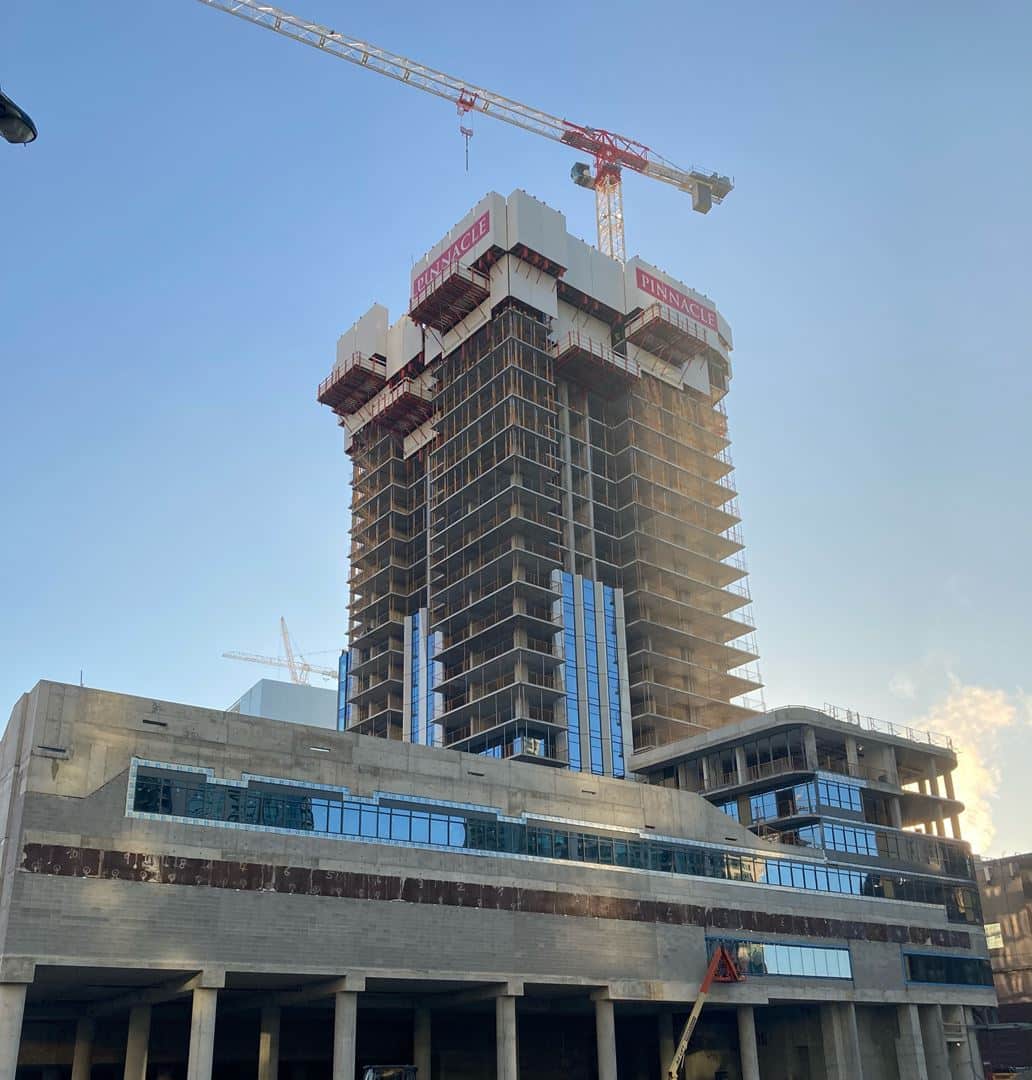
Four Reasons Why Prestige Condos Is a Great Place To Invest
-

5 Reasons Why Empire Phoenix Condos is a Must Buy
-
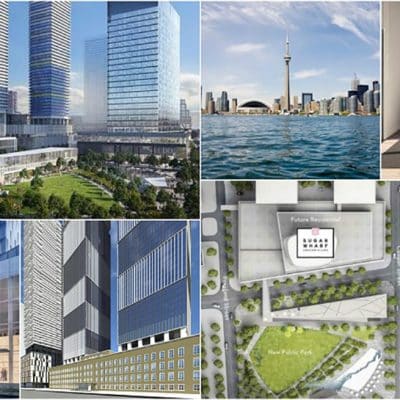
Condos HQ proudly announces the launch of Sugar Wharf Condos in Toronto
-

How To Make Your Condo Kitchen Look Bigger and Better
-

An Investor’s Guide to Buying Pre-Construction Condos in Toronto









